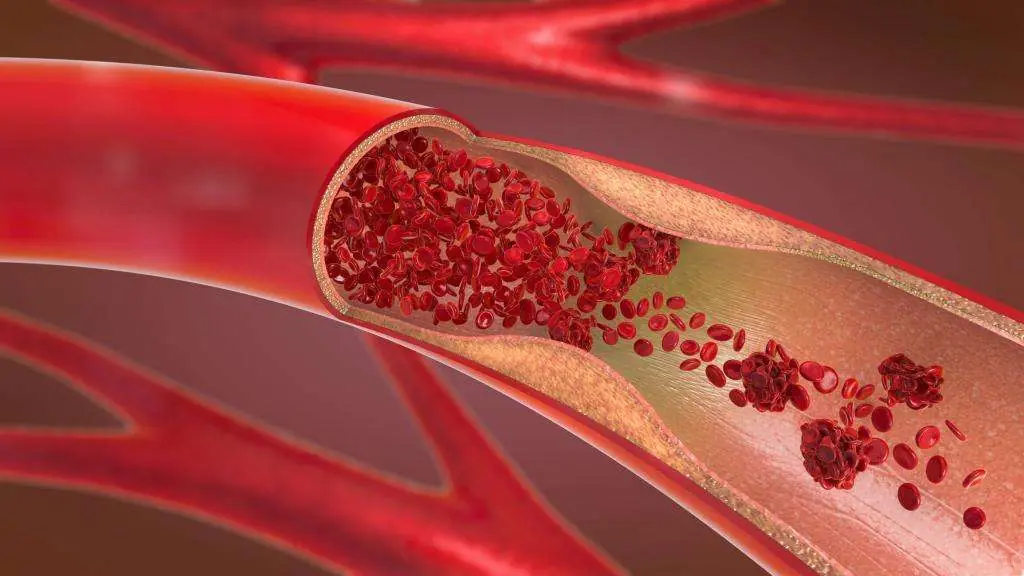
Consciousness Is Not Confined to the Brain, But Is Connected To The Whole Universe, Scientists Say
For centuries, science and philosophy have debated the nature of consciousness—what it is, where it comes from, and whether it can exist outside the human brain. Traditionally, neuroscience has held the view that consciousness originates solely from neural activity inside the brain. However, new and controversial theories suggest that consciousness might not be confined to the brain at all. In fact, some scientists now propose that consciousness could be a fundamental feature of the universe itself, connected to everything around us.
This idea, while radical, is gaining attention in both scientific and philosophical communities. One of the most discussed theories is known as panpsychism, which argues that consciousness is a universal feature, much like gravity or electromagnetism. According to this view, all matter—even atoms, electrons, and photons—possess some form of proto-consciousness. This doesn’t mean that a rock thinks or feels, but that the building blocks of reality may carry the seeds of what we recognize as conscious experience.
Dr. Giulio Tononi, a neuroscientist and originator of the Integrated Information Theory (IIT), believes that consciousness arises not from the size or complexity of the brain, but from the ability of any system to integrate information. Under this model, consciousness can potentially emerge in systems outside the human brain, including artificial intelligence or even cosmic structures. The key idea is that consciousness is not limited to biology, but is rather a universal property of complex systems that process information in a unified way.
Another supporter of this idea is Dr. Roger Penrose, a Nobel Prize-winning physicist, who along with anesthesiologist Stuart Hameroff, proposed the Orchestrated Objective Reduction (Orch-OR) theory. This model suggests that quantum processes within the brain’s microtubules are connected to a broader field of quantum information in the universe. In essence, consciousness may not just arise from brain activity—it might be tapping into the fabric of the cosmos itself.
This perspective challenges the long-standing belief that consciousness is merely a by-product of biochemical interactions. If true, it could explain phenomena such as intuition, near-death experiences, and even the mysterious "hard problem" of consciousness—how and why subjective experiences arise from physical processes. Some even suggest this universal model could bridge the gap between science and spirituality, offering a unified understanding of mind and matter.
Of course, these theories remain controversial and are not universally accepted. Critics argue that there is little empirical evidence to support the notion of universal consciousness. They warn that such theories may drift too far from testable science and risk being confused with metaphysical speculation. Nevertheless, as our understanding of quantum mechanics, neuroscience, and cosmology deepens, what was once unthinkable is becoming worthy of serious exploration.
Moreover, modern physics has already shown that reality is far stranger than we once imagined. Quantum entanglement, for example, shows that particles can be mysteriously connected across vast distances, suggesting that the universe may be more interconnected than classical science ever allowed. If matter and energy can exhibit such non-local behavior, is it really so hard to imagine that consciousness might also be non-local?
In conclusion, the emerging view that consciousness is not confined to the brain but is instead connected to the entire universe opens new doors in science, philosophy, and even the future of humanity. It encourages us to rethink the nature of the self, the universe, and the mysterious connection between the two. Whether these ideas turn out to be revolutionary truths or beautiful illusions, they invite us to explore consciousness not just as something we have, but as something we are part of.
News in the same category

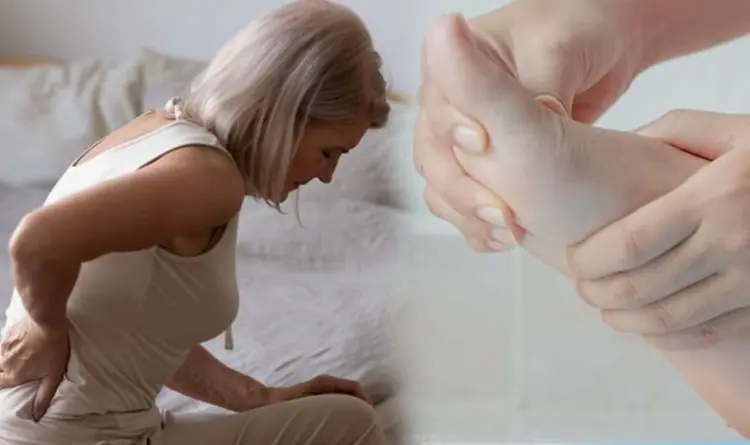
5 Deficiencies Almost Everyone Has (And Doesn’t Know About)

Scientifically Proven Health Benefits of Cayenne Pepper

7 Thing That Happen To Your Body When You Stop Having Intimacy Moments
Taking a break from intimacy doesn’t mean something is wrong. In fact, it can be a time for growth, healing, and self-discovery.
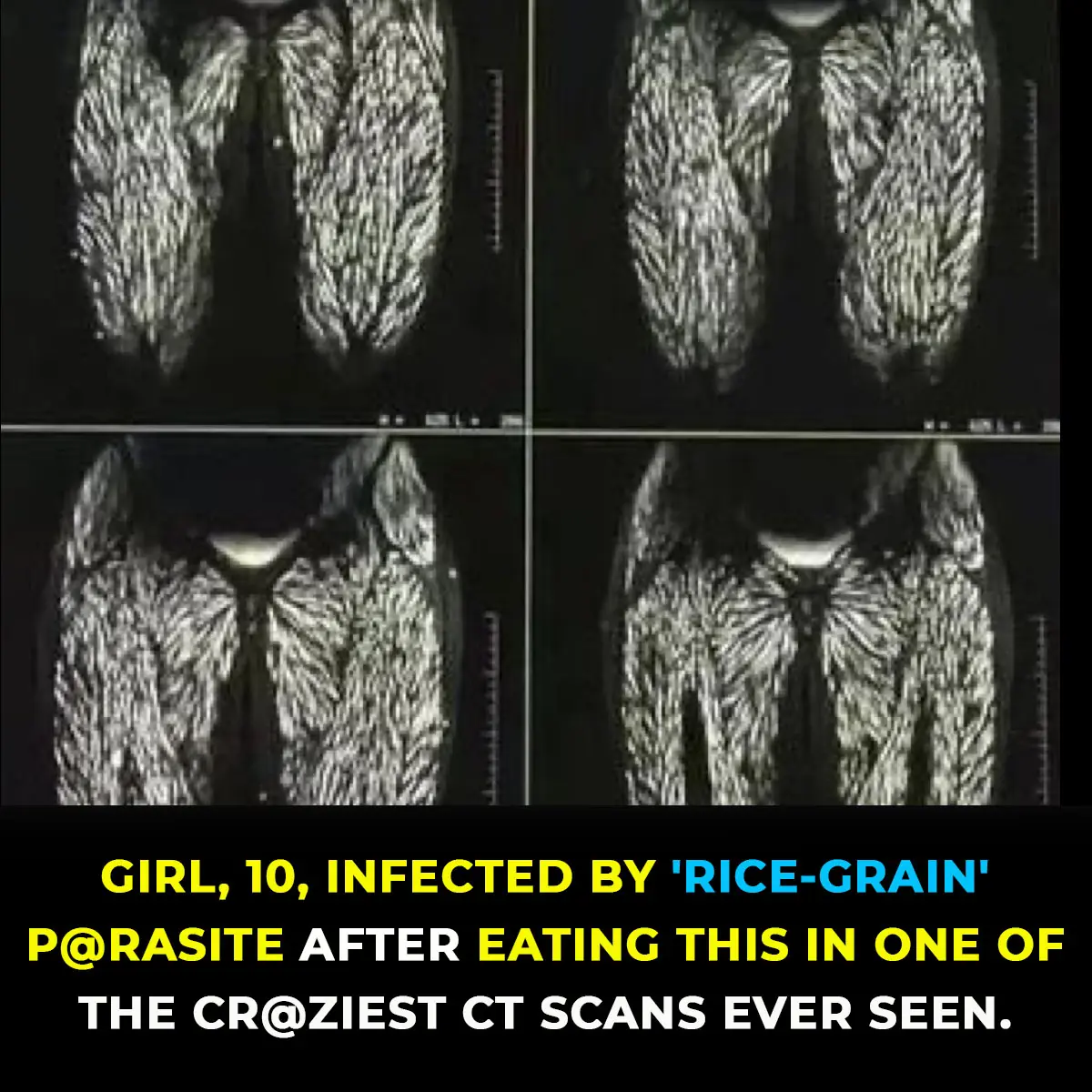
P@rasite Found In Br@in Of 10-Year-Old Girl After Eating Undercooked Meat Leaves Experts Horrified
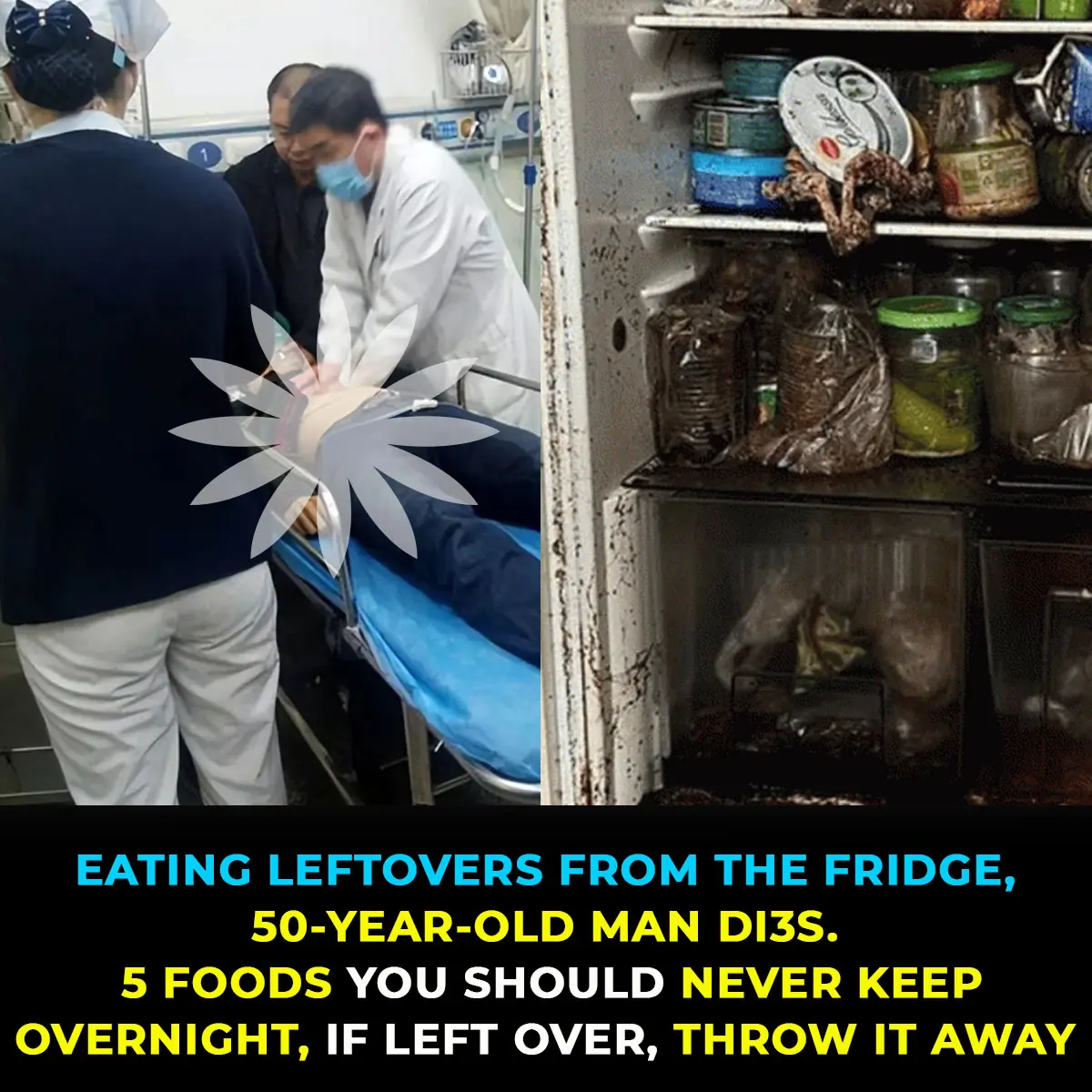
5 Common Foods That Turn Toxic If Left Overnight

The Hidden Meaning Behind Leg-crossing — It’s More Than Just Comfort
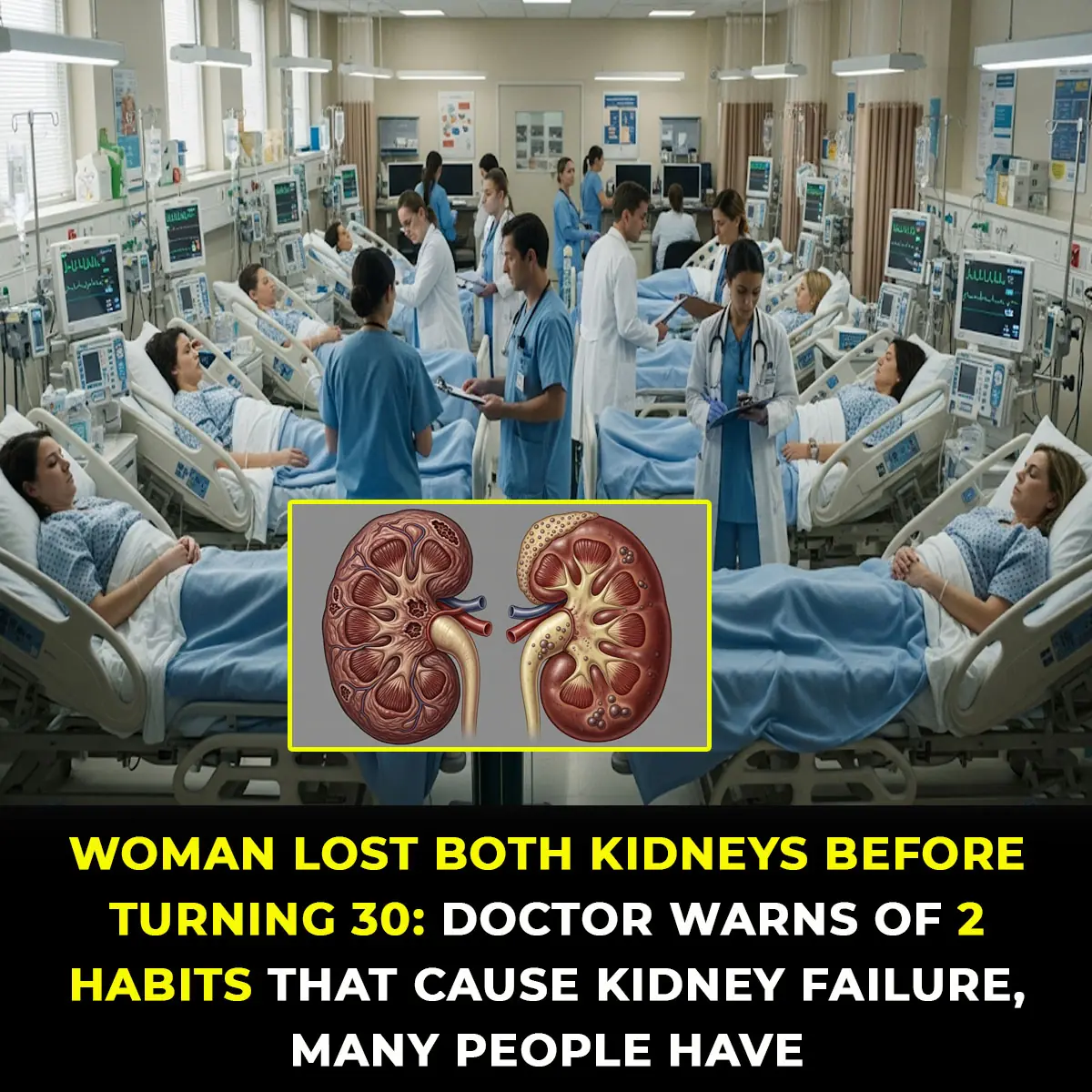
HealthWhy Kidney Failure Is Striking The Young—And How To Stop It
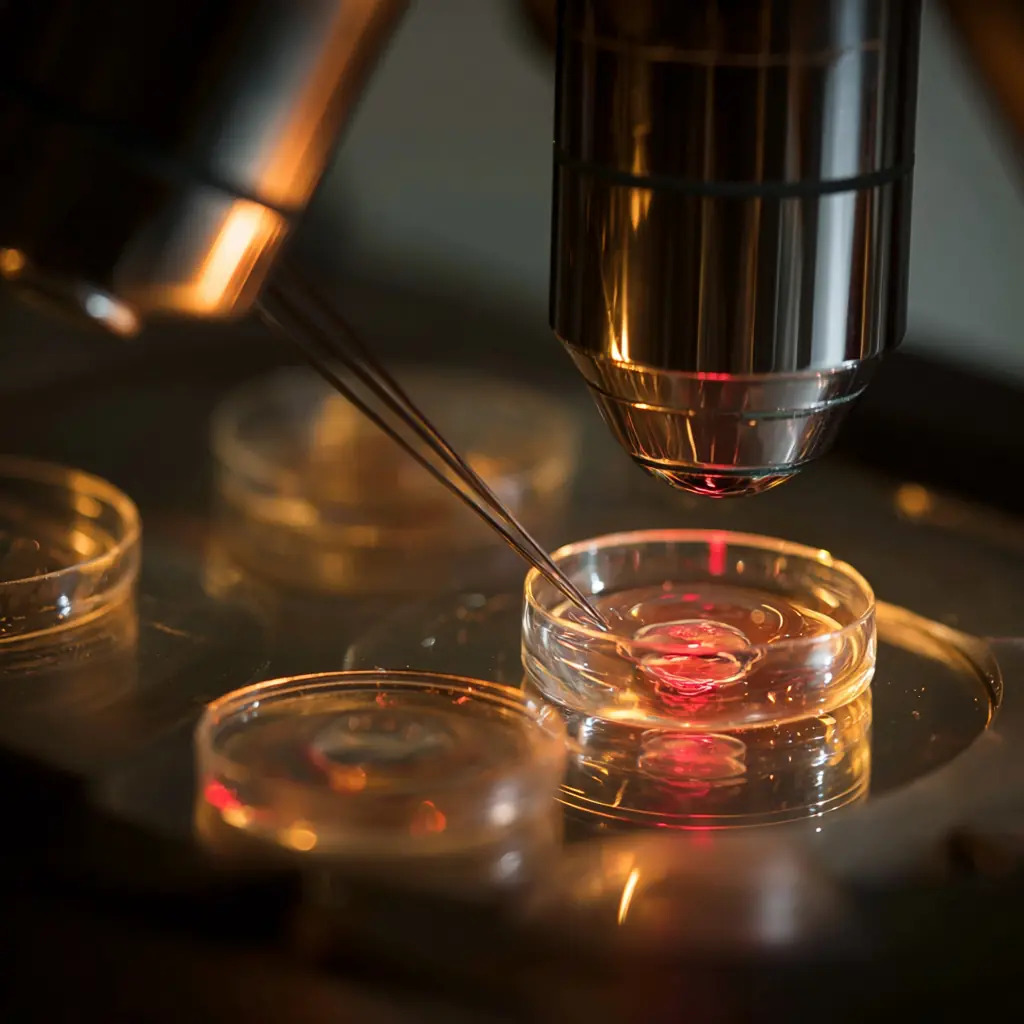
ScienceScientists Found The Hidden Factor Behind the Global Infertility Crisis, And It’s Terrifying
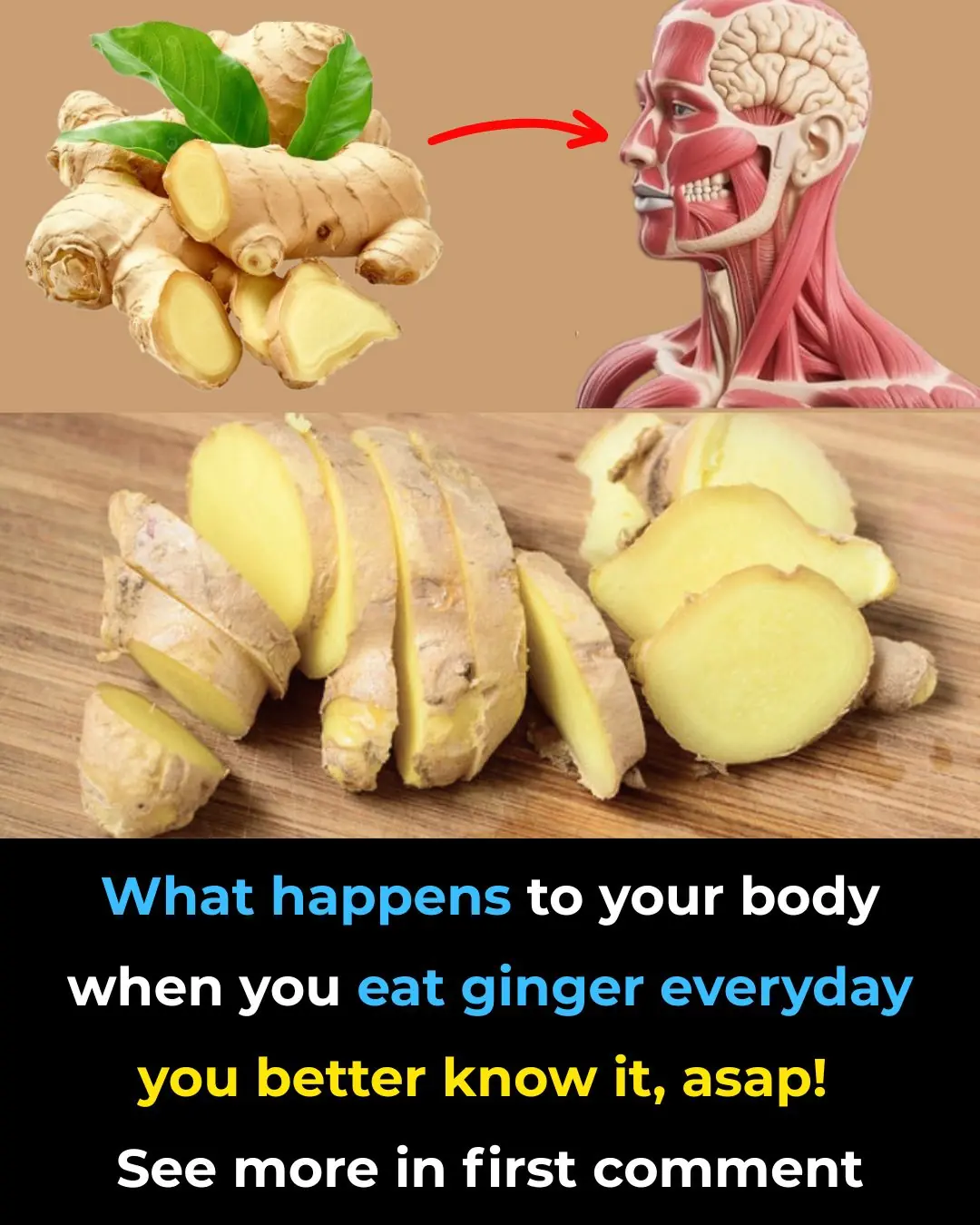
12 Remarkable Health Benefits of Ginger

17 Best Bedroom Plants for Clean Air & Low Light – NASA Study
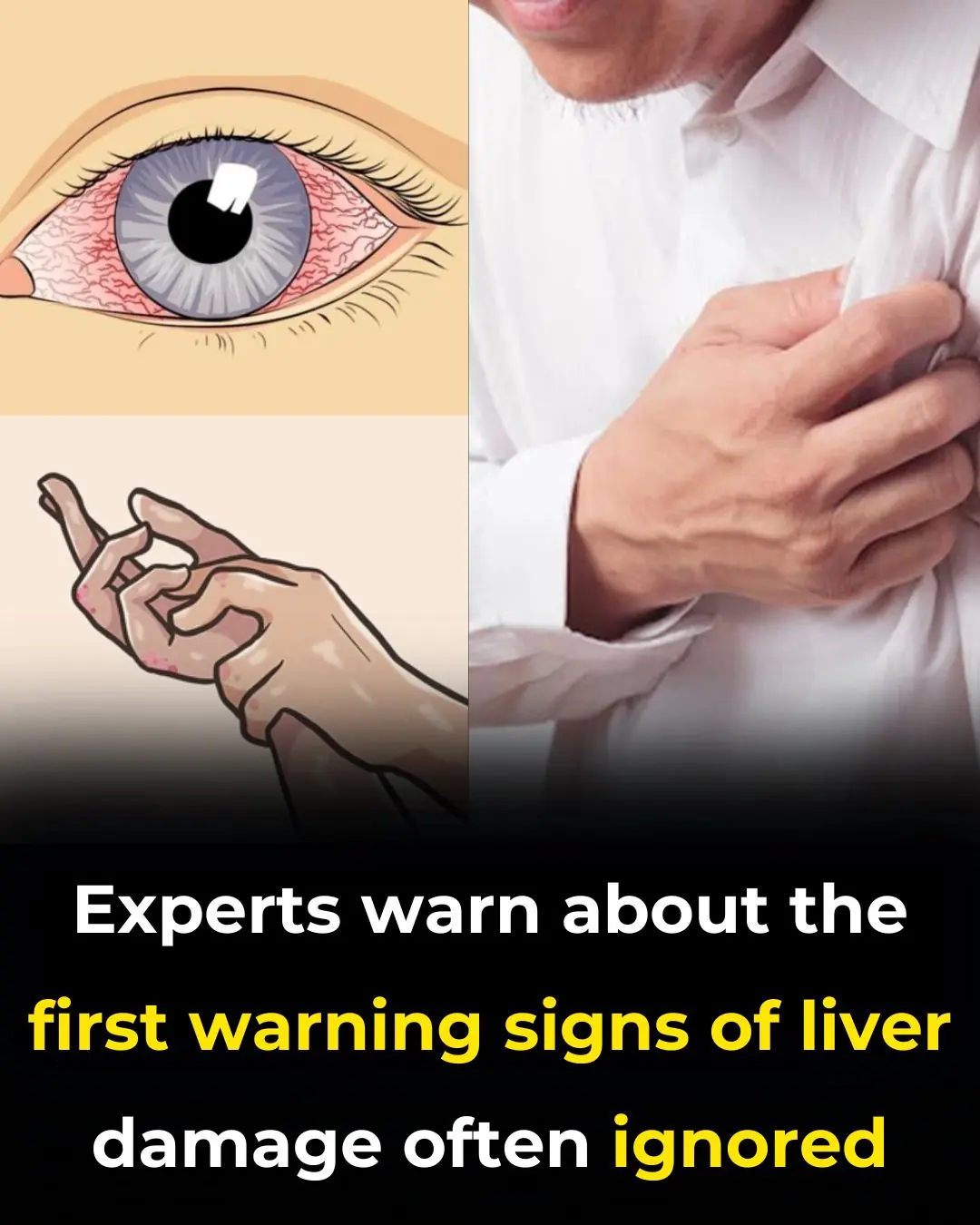
Early Signs of Liver Damage & How to Strengthen Your Liver

'Healthy' man reveals only sign of bowel cancer he noticed in bathroom - and it wasn't bl00d in the loo
When 38-year-old Dave Paxton noticed his stool had turned darker than usual, he had no idea this small sign would lead to a devastating cancer diagnosis—one so rare that only 22 people in the world have ever had it.
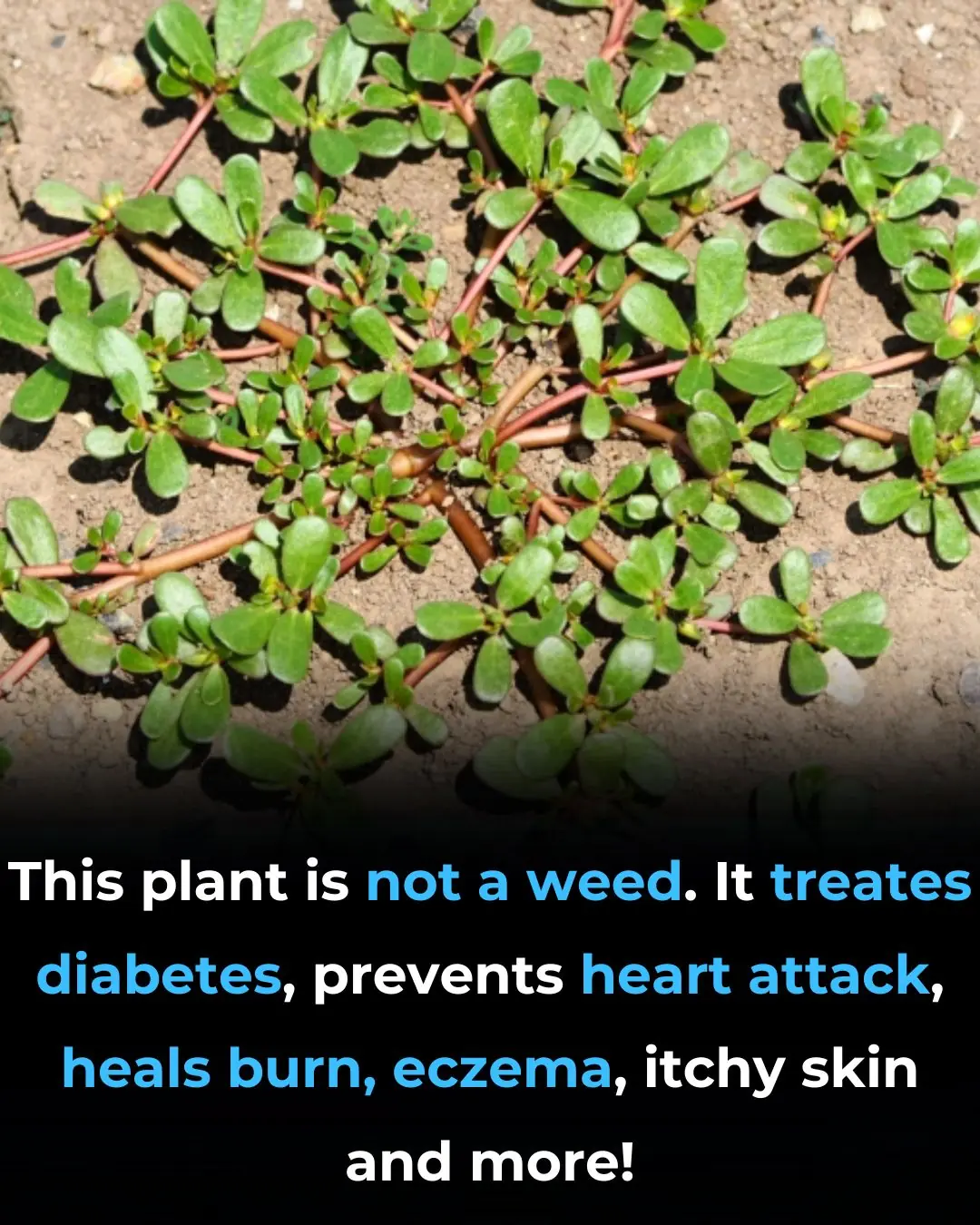
Purslane (Portulaca Oleracea): The Weed with Extraordinary Benefits (Science Based)
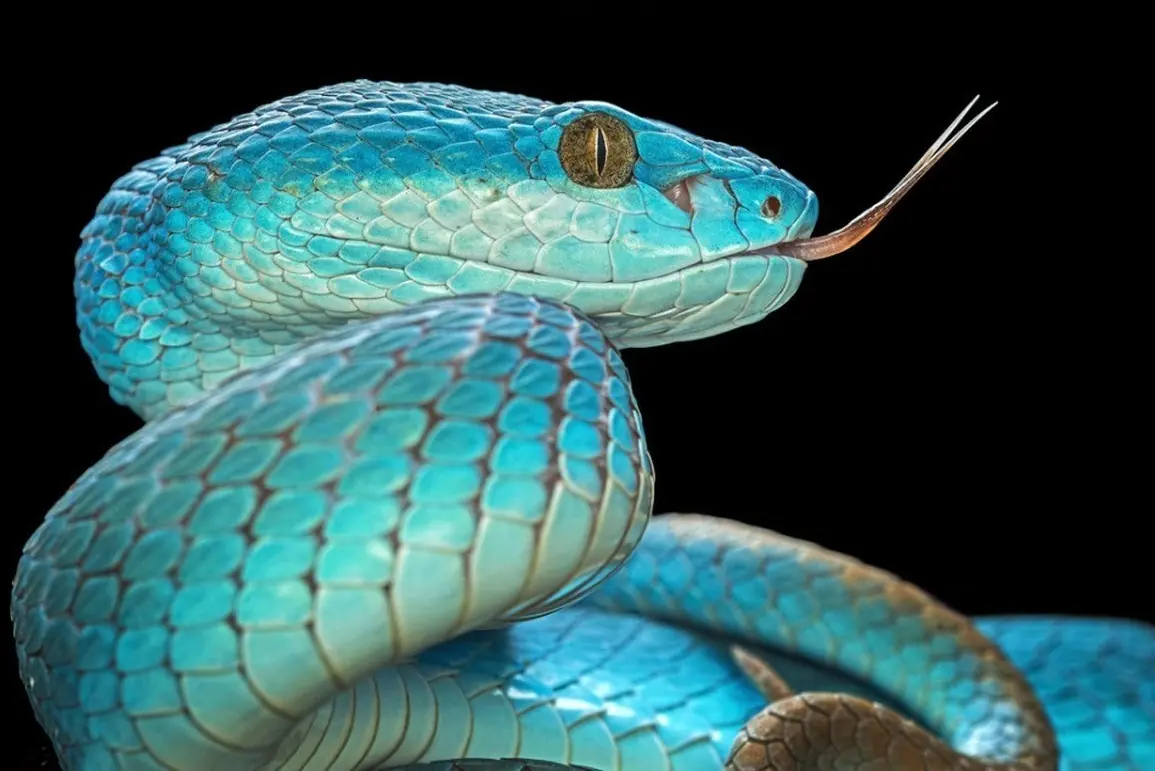
After Surviving 800 Snake Bites, This Man’s Blood Could Be the Universal Antivenom the World’s Been Waiting For
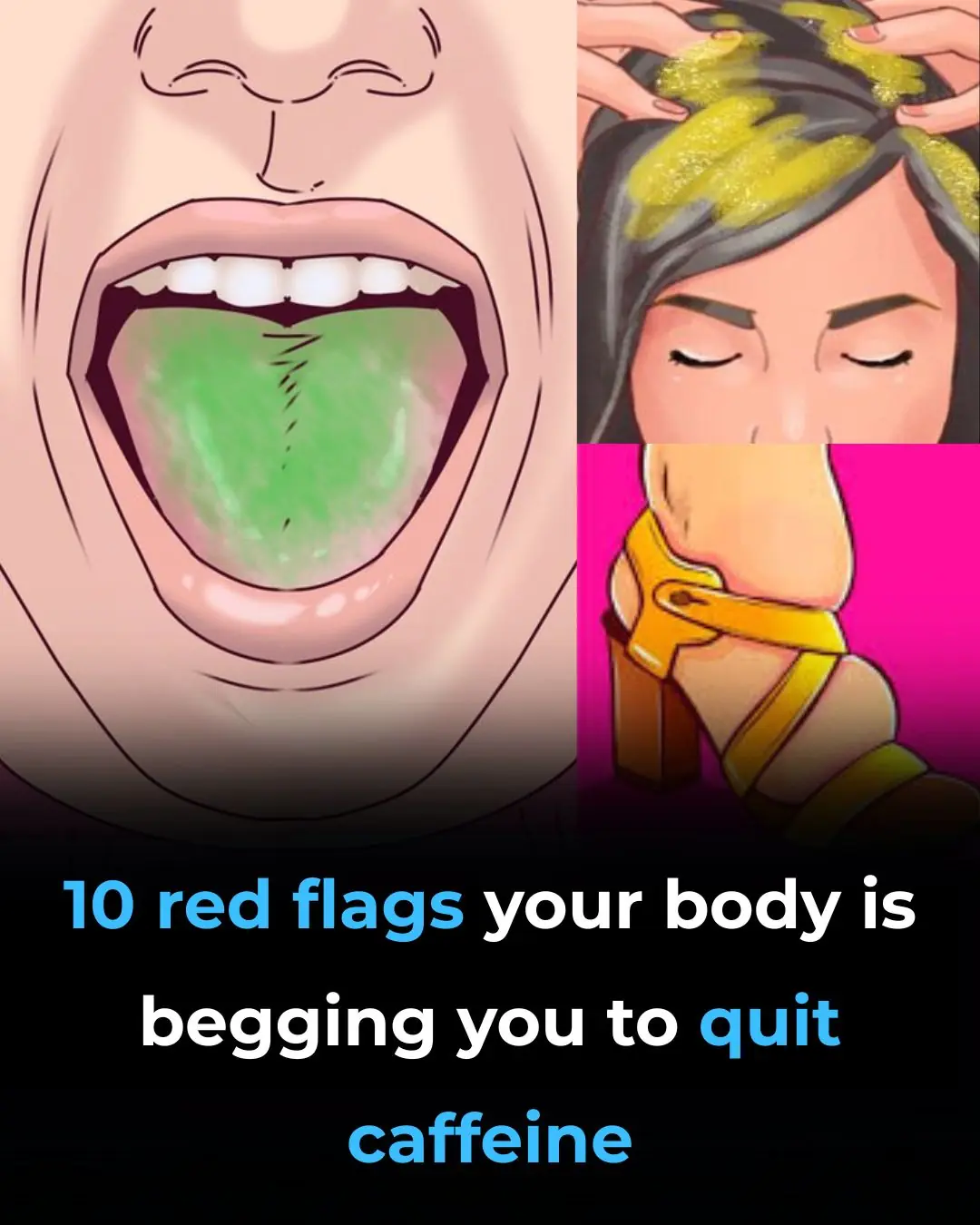
10 Warning Signs It’s Time to Cut Back on Caffeine

“Cases Are Exploding”: Living Near a Golf Course May Raise Your Risk of Parkinson’s, Study Warns

You’ll never see mosquitoes again if you do this

What to Eat to Boost Energy After 60: Key Foods for Vitality and Well-being.
News Post

How to Improve Blood Circulation Naturally (Research Based)

5 Deficiencies Almost Everyone Has (And Doesn’t Know About)

Scientifically Proven Health Benefits of Cayenne Pepper

Free download offered to PlayStation gamers as way to 'make amends'
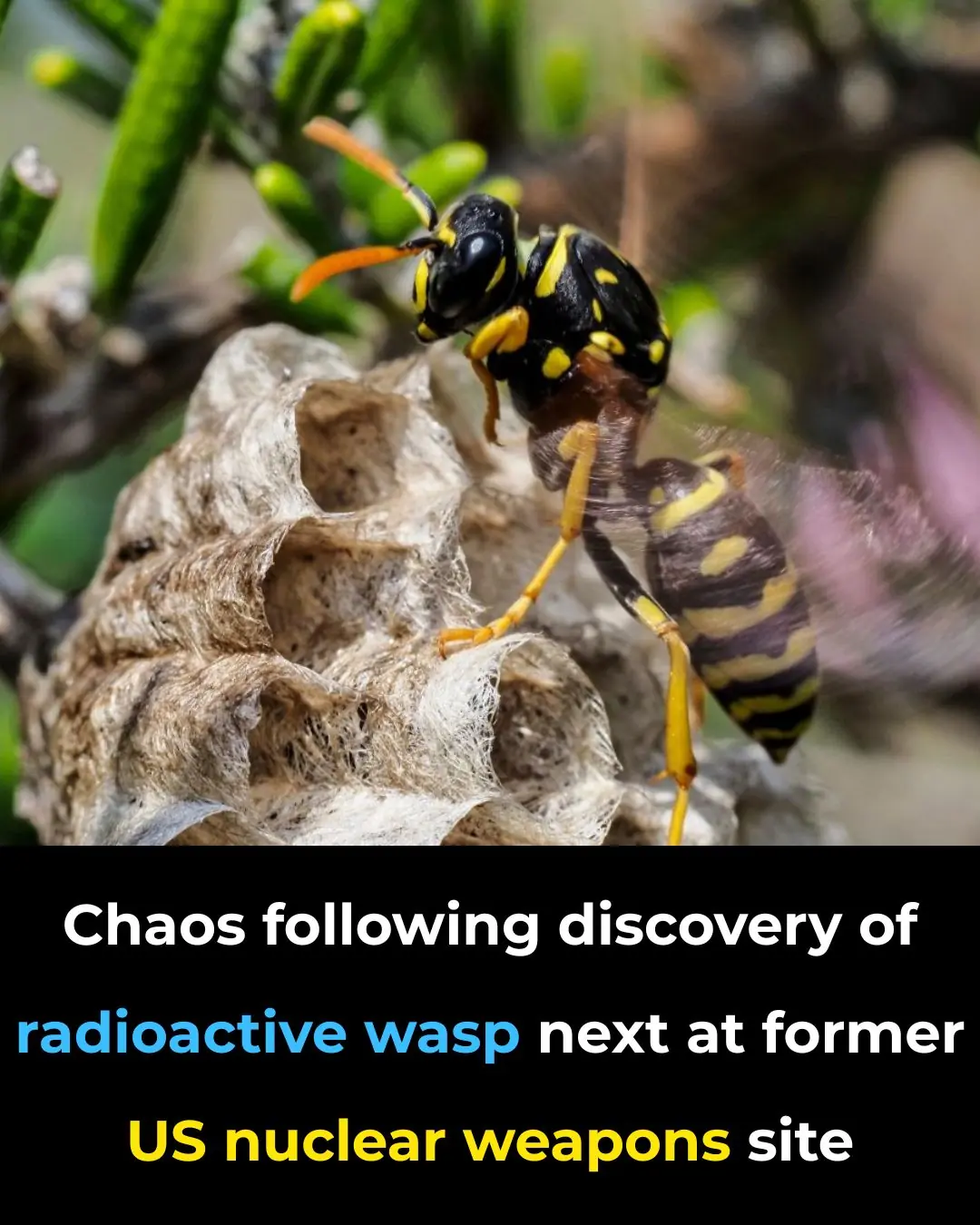
Chaos following discovery of radioactive wasp nest at former US nuclear weapons site

Beyond the Badge: One Officer’s Journey to Becoming More Than a Uniform.

7 Thing That Happen To Your Body When You Stop Having Intimacy Moments
Taking a break from intimacy doesn’t mean something is wrong. In fact, it can be a time for growth, healing, and self-discovery.

From Suspension to a Second Chance: How One Principal Changed a Life Forever.

The Hawk on the Porch: A Quiet Cry for Help.

I Filed for Divorce After Catching My Husband Cheating – Our Son's Words in Court Left Everyone Speechless

My Selfish Sister Stayed by Mom's Side When She Fell Ill, but Everything Changed after the Doctor Shared Mom's Last Words – Story of the Day

My SIL Gave Me Her Old Armoire and Made Me Pay for Moving It – Then She Came with an Outrageous Demand
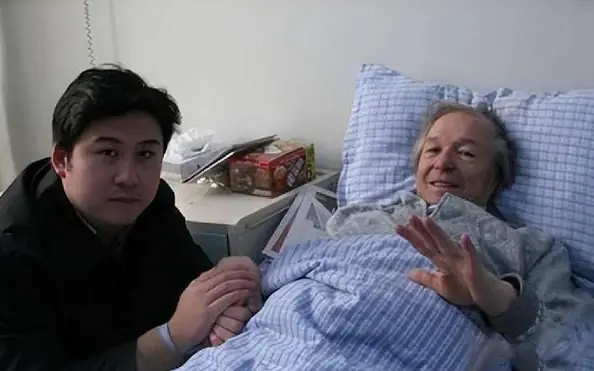
The Meteor That Changed Two Lives: A Story of Unlikely Family

P@rasite Found In Br@in Of 10-Year-Old Girl After Eating Undercooked Meat Leaves Experts Horrified

Ancient Inscriptions Inside Great Pyramid Rewrite History Of Its Builders

5 Common Foods That Turn Toxic If Left Overnight

Nurse at palliative care reveals the top 5 regrets of people right before they di3d

The Hidden Meaning Behind Leg-crossing — It’s More Than Just Comfort

HealthWhy Kidney Failure Is Striking The Young—And How To Stop It
